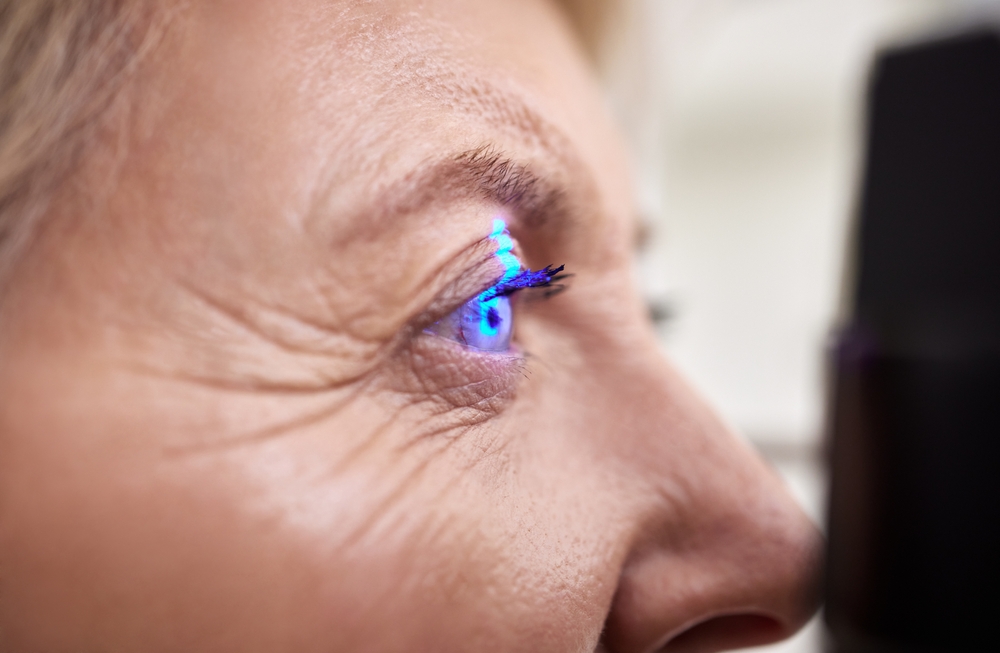Read our Blogs
Please take time to read and learn how to take good care of your eye.

What Are the Most Common Dry Eye Symptoms?
Dry eye is one of the most common eye conditions affecting people of all ages. While it may sound minor, dry eye can significantly impact your comfort, vision, and overall quality of life if left untreated. Understanding the most common dry eye symptoms can help you recognize when it’s time to seek professional care and protect your long-term eye health.
Read More

Why Dry Eye Is Worse in Jacksonville
If you live in Jacksonville and struggle with dry, irritated eyes, you’re not alone. Many patients are surprised to learn that dry eye symptoms can actually be worse in humid, coastal environments like Northeast Florida. Understanding how Jacksonville’s climate affects your eyes can help you recognize symptoms earlier and seek effective treatment before discomfort interferes with your daily life.
Read More

Head Injury or Concussion? When to See a Neuro-Ophthalmologist
If you or someone you love has experienced a head injury, understanding the signs that indicate the need for a neuro-ophthalmic evaluation may help prevent long-term complications. At Quality Eye Care, our experienced neuro-ophthalmologist in Jacksonville, FL, provides advanced evaluation and treatment for vision problems caused by brain injury.
Read More

Unexpected Causes of Severe Dry Eye Symptoms
Dry eye is one of the most common complaints among patients, yet its causes are often more complex than simple eye fatigue or environmental dryness. When symptoms become severe, there may be an underlying condition contributing to the discomfort. Understanding these less obvious causes is key to finding lasting relief.
Read More

Understanding Chronic Dry Eye Symptoms
Dry eye is a common condition that occurs when your eyes don’t produce enough tears, or when the tears they do produce are of poor quality. Healthy tears are essential for keeping your eyes lubricated, comfortable, and protected from irritants. When the tear film becomes unstable, it can lead to persistent discomfort and vision issues.
Read More

Is Dry Eye Disease a Symptom of Cataracts?
When your eyes feel gritty, irritated, or excessively watery, you may assume it’s simply due to dry eye disease. But if you’re also experiencing blurry or cloudy vision, you might wonder if these symptoms are connected to cataracts. Although dry eye disease and cataracts can occur in the same patients, they are separate conditions.
Read More

Am I Too Old for Cataract Surgery? Debunking Age and Health Myths
Cataracts are an extremely common part of aging, with nearly everyone developing some degree of cataract as they get older. As vision becomes cloudier, colors fade, and daily tasks become more challenging, cataract surgery is often recommended to restore clarity and improve quality of life. But many patients worry, “Am I too old for cataract surgery?”
Read More

Burning, Stinging, Gritty Eyes? It Could Be Dry Eye or Blepharitis
If your eyes often feel dry, itchy, gritty, or like they’re burning or stinging, you’re not alone. These uncomfortable symptoms are common signs of dry eye disease or blepharitis, two eye conditions that frequently overlap and cause irritation and inflammation.
Read More







